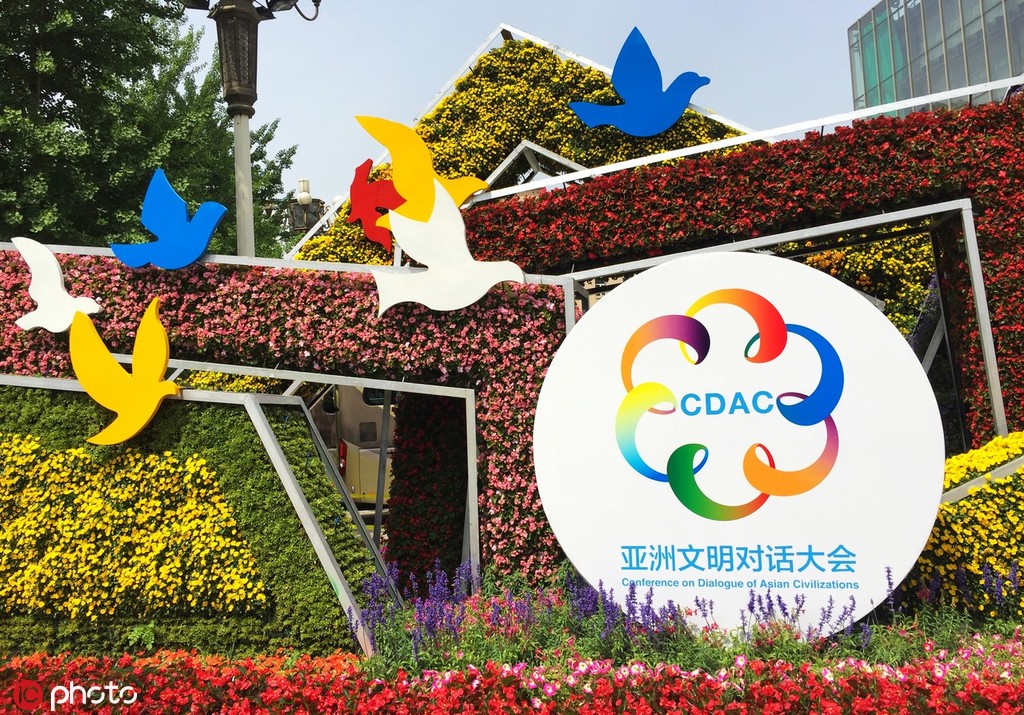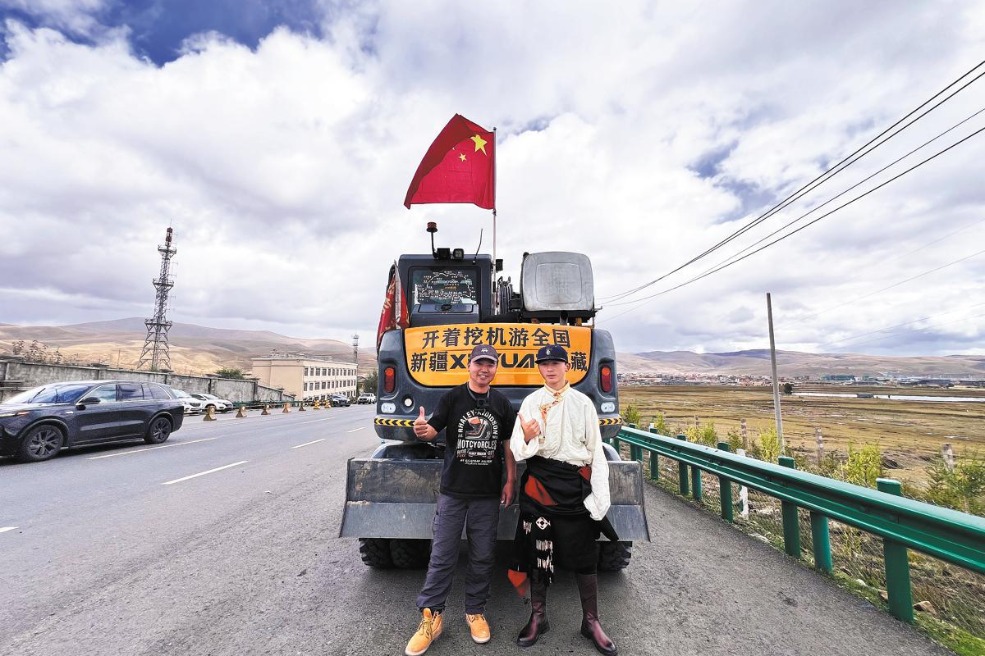UNESCO: Values should be discussed


People should discuss not only the diversity of civilizations but also our common characteristics, including shared values and heritage, senior officials of UNESCO said on Wednesday.
Recent attacks in Sri Lanka and New Zealand demand that people become more united, deepen dialogue and fight extremism, which UNESCO addresses through its education, science, culture and information sections, Audrey Azoulay, director-general of UNESCO, said while addressing the opening of the Conference on Dialogue of Asian Civilizations in Beijing.
Ali Moussa Iye, chief of the UNESCO section for history, memory and dialogue, said the conference provides a good opportunity for Asian countries to discuss not only cultural diversity but also shared traits and values.
"Talking about the clash of civilization is a stupid idea to justify domination, and it's not the reality. There is never a clash of different civilizations, only clashes of human beings." He said even when countries are fighting, there are cultural exchanges and interactions happening between them.
The civilization and culture of each country and people have contributed to the general progress of humanity, he said, adding that wars originate from the government, the military and the people in power, not from civilizations.
He also said that he likes the idea of "shared future" that is mentioned in the theme of the conference.
"We not only share history, we also need to share the future," he said. "We only have one planet, which is threatened by issues such as pollution and climate change. Humanity should realize that beyond our countries, we share the same earth and if we do nothing to preserve it, everybody will lose."
Nada Al-Nashif, UNESCO's assistant director-general for social and human sciences, said: "Our value system is under threat. We have a lot of resistance to multilateralism in the world. When cultural diversity is not clearly understood-when there is fear, more racism and discrimination-it is increasingly hard for people to understand each other."
However, people need to understand that although they have different priorities and objectives, it is not incompatible with living peacefully together, she said.
"There is no difference so big that you have to reject it, and we have to create the spaces for learning and getting to know each other," Al-Nashif said, adding that what people need to do is to understand better what brings them together and speak more to others who do not share their value system.





































